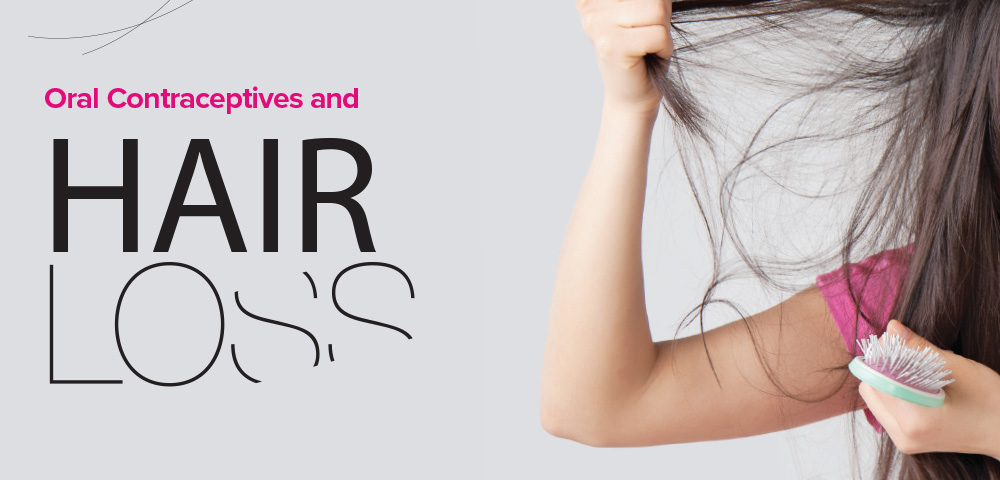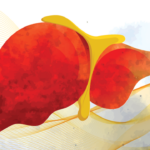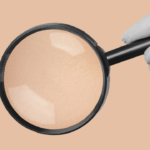
The side effects of oral contraceptives are a big concern for women, with many experiencing hormonal imbalances that produce unwanted headaches, weight gain, mood swings, brain fog, and low libido, to name a few. However, the effect of oral contraceptives on hair loss is rarely discussed, but many women see changes in hair shedding when beginning, stopping, or using birth control pills long-term because hormones influence the hair’s growth cycle.
HOW ORAL CONTRACEPTIVES IMPACT HAIR SHEDDING
Oral birth control prevents pregnancy by delivering elevated levels of estrogen and progesterone, tricking the body into thinking it is already pregnant. The body then responds by stopping the normal menstrual cycle and the release of an egg (ovulation). Changes also occur in the cervical mucus, making it thicker to keep the sperm from reaching the egg.
Our hair typically goes through phases of shedding and growth, and increased estrogen and progesterone levels can slow these cycles. This is the same phenomenon that can cause hair loss in pregnancy. Progestin, a synthetic progesterone found in many birth control pills, is one of the main culprits of hair loss for women. This hormone has androgenic activity, which means it acts similarly to male hormones that contribute to the negative effects of hair loss and thinning.
As mentioned above, hair generally grows in cycles. “Anagen” is the active phase when your hair grows from its follicles. “Catagen” is the transitional stage when your hair growth stops, and “telogen” is the resting phase. During the telogen phase, hair does not grow. Between 25 and 100 hairs are shed daily in this phase. With the above hormonal activity from birth control, some women may experience their hair being stuck in the “shedding” phase for longer than normal, leading to increased hair thinning and little-to-no regrowth. This form of hair loss is called telogen effluvium. Plus, if there is a genetic predisposition to age-related baldness or hair thinning, this can speed up the process.
Nutrient depletion and hair loss
Another factor in hair loss related to oral contraceptives is the depletion of certain core nutrients associated with hair growth. These vitamins and minerals are all depleted by birth control use.
B VITAMINS are responsible for strengthening hair follicles and stimulating hair growth. B12 is vital in strengthening hair shafts, which prevents breakage and helps provide adequate levels of oxygen to reach the follicles. This helps stimulate the regeneration of lost hair strands.
FOLIC ACID (B9) is crucial for developing new cells in the body, and deficiencies can impact the ability to generate new hair strands.
VITAMIN C helps stimulate collagen production, which is crucial for hair regrowth.
VITAMIN D deficiency has revealed a link to the autoimmune condition alopecia areata.
VITAMIN E’s antioxidant qualities are essential for scalp health and hair growth. It works by blocking oxidative stress that can cause hair follicle cells to break down.
SELENIUM is a vital mineral in thyroid health that produces thyroid hormones and is crucial to hair growth.
ZINC is essential in hormone production and regulation. It also helps with immune health, affecting hair shedding and regrowth.
Low MAGNESIUM levels send hair follicles into their resting phase, where hair sheds but no new growth is happening.
OTHER OPTIONS IF YOU EXPERIENCE HAIR LOSS RELATED TO ORAL CONTRACEPTIVES?
There are other contraceptive options, so you must decide whether oral birth control is the best choice for you or if the cons outweigh the pros.
FERTILITY AWARENESS OR CONDOMS
Some women may consider non-hormonal options, such as fertility awareness, where body signals such as basal body temperature and cervical mucus are used to track ovulation and avoid pregnancy. Switching to condoms as a method of contraception can also help with the unwanted side effects of birth control pills.
Consider supplementing with the nutrients listed above to rebalance and restart your hair’s growth phase. In addition, eat plenty of protein and take omega-3s to support healthy hair. An iron deficiency will also impact hair growth and the strength of hair follicles.
Stress management is also important because the stress hormone cortisol harms hair growth.
Hair loss can be highly devastating for both men and women, but it can be especially difficult for women. However, with a healthy balanced diet, stress management, and hormone balance, this type of hair loss can be corrected.












